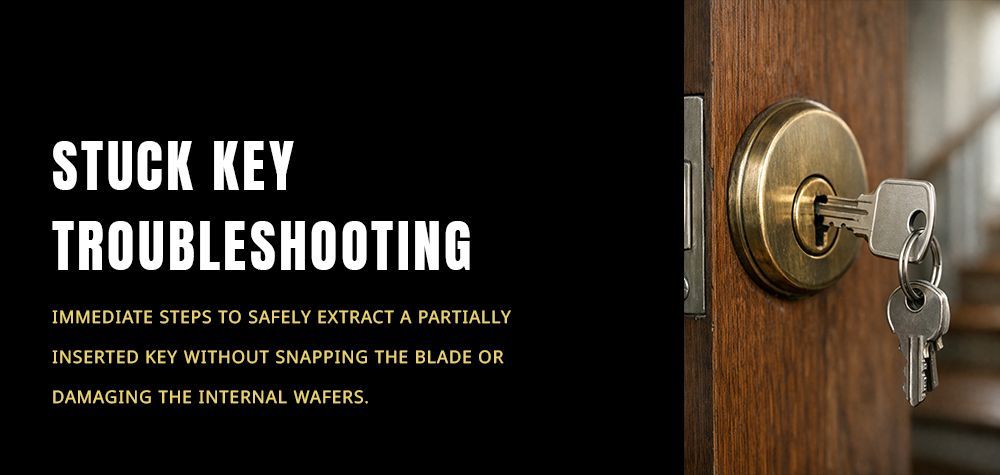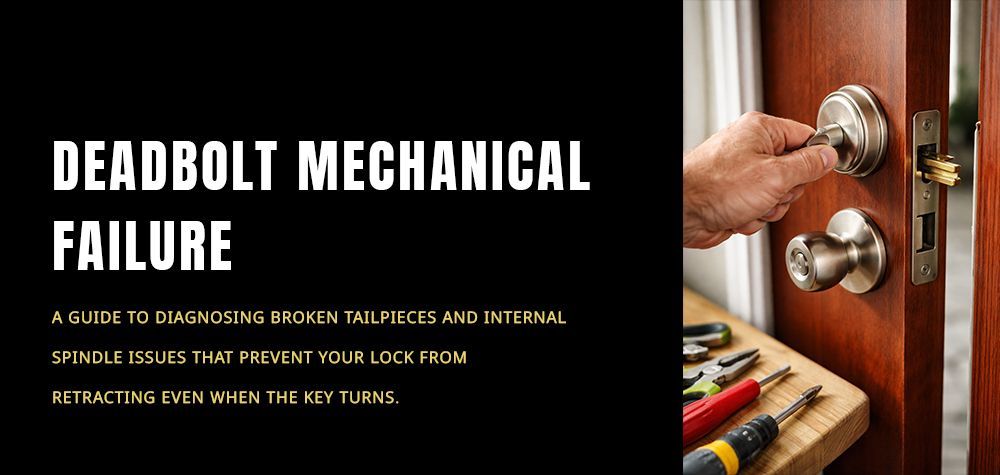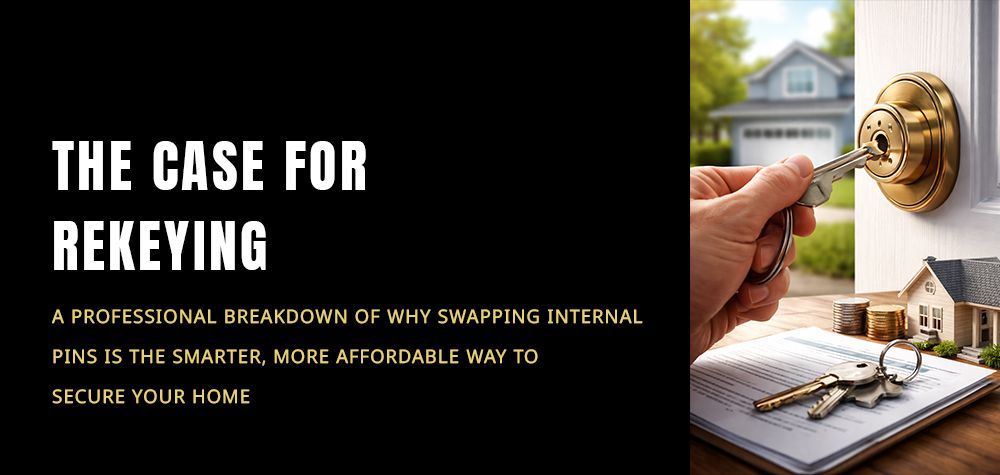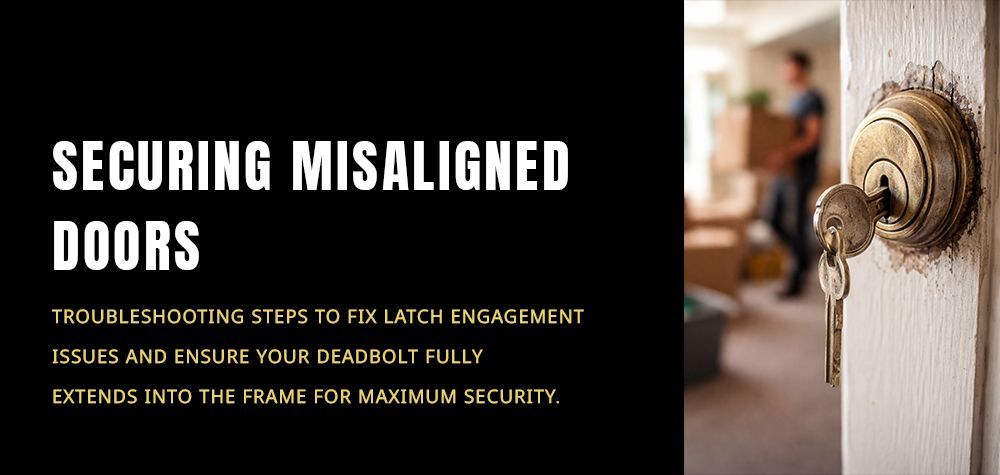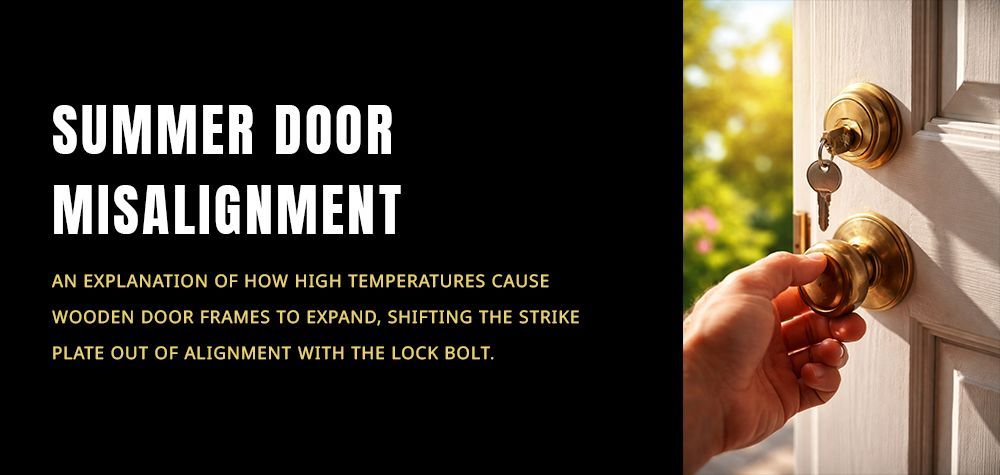How to Prevent Your Car Keys from Getting Locked Inside Again
We've all been there—or at least feared it. That dreaded moment when your car door slams shut, and you suddenly realize your keys are sitting on the driver’s seat or still in the ignition. It’s frustrating, inconvenient, and if you’re in a rush, downright stressful. Car key lockouts can feel like the universe is playing a cruel trick on you. But here’s the good news: it doesn’t have to happen again.
In this detailed guide, we’ll dive into the causes behind car key lock-ins, the risks they pose, and, most importantly, how you can prevent them from happening again. Whether you're a seasoned driver or just starting out, these tips can save you from future stress and locksmith bills.
"Can a Locksmith Open a Locked Car with the Key Inside?"
Why Do Car Keys Get Locked Inside?
Understanding the "why" is key—pun intended—to avoiding this problem in the future. Most cases of car key lock-ins are caused by distraction. You're juggling groceries, dealing with kids, rushing to work, or simply distracted by a call. You close the door out of habit before you double-check your keys.
Sometimes, it's a matter of car design. Older vehicles with manual locks make it especially easy to accidentally lock yourself out. Even some newer models may auto-lock after a certain period, especially if the engine is off and the doors are closed.
Malfunctions in the locking system or worn-out keys and remotes can also contribute. You might think you’ve unlocked the door, only to find out that the actuator didn’t respond. That’s how easy it is to get caught off guard.
The Risks Involved: It’s More Than Just Inconvenience
At first glance, locking your keys inside might seem like a minor hiccup. But the risks go beyond simple frustration. Imagine this happening:
At night in an unfamiliar area.
During extreme weather, with a pet or child inside.
When you're late for a meeting or flight.
These scenarios can turn an everyday mistake into a serious emergency. Not to mention the cost of calling a locksmith—or worse, damaging your vehicle in a DIY rescue attempt.
Prevention is far more affordable and a whole lot less stressful.
Step-by-Step: How to Prevent Car Key Lock-ins
Let’s now walk through some smart and practical steps to make sure your keys stay with you—and not locked inside your car.
Step 1: Build a Habit of Key Awareness
It might sound simple, but this step is the most powerful. Always make it a rule to have your keys in hand before closing the car door. Take a moment every time you get out of your car to mentally check: "Keys in my hand or pocket?"
Over time, this becomes muscle memory. Treat your keys like your phone—you wouldn't walk away without it.
Step 2: Use a Smart Keychain or Tracker
Technology can be your best friend. Devices like Bluetooth key finders (e.g., Apple AirTag, Tile) not only help you locate misplaced keys but also alert you when you’re leaving them behind. Many of these gadgets even let you ring your keys from your phone.
Some car keychains also include a clip or carabiner—attach it to your belt or purse so you’re less likely to set them down somewhere inside the vehicle.
Step 3: Keep a Spare Key Strategically Placed
Having a spare key might seem old-school, but it’s a classic fix that still works wonders. You can keep a copy in:
Your wallet or handbag
A magnetic lockbox hidden on your car (only if you’re confident in the security of your neighborhood)
A trusted friend or family member’s house
Just make sure the spare key is somewhere accessible in emergencies—but not obvious enough to compromise your vehicle’s security.
Step 4: Avoid Manual Locking from the Inside
One of the most common causes of lock-ins is manually pressing the lock button inside the car and then closing the door. Don’t do it. Instead, get into the habit of locking the car only with the remote once you’re outside.
This not only prevents lock-ins but also ensures your vehicle is fully secured. Some systems don’t engage all locks unless the remote is used.
Step 5: Pay Attention to Remote Battery Life and Function
A weak remote battery or malfunctioning door lock actuator can create confusion. Sometimes, the car doesn’t lock or unlock properly, leading you to believe it’s secure—or open—when it’s not. Regularly check your remote’s battery and replace it when needed. If your remote behaves inconsistently, get it checked by a professional locksmith.
Step 6: Consider Upgrading to a Smart Lock System
If lock-ins are a recurring issue for you, consider investing in a smart car lock system. Many newer vehicles already come with features that prevent lock-ins—like not allowing the car to lock if the key fob is detected inside.
For older vehicles, aftermarket smart key systems can be installed by professionals. These systems include remote unlock options through mobile apps, pin code entry pads, and more.
What If You Still Get Locked Out?
Mistakes happen—even to the most prepared among us. If you do find yourself locked out again, don’t panic. Avoid breaking windows or using hangers (these methods usually do more harm than good).
Instead, call a professional locksmith who specializes in automotive lockouts. A trained locksmith can open your car without causing damage, and in many cases, help you rekey or reprogram your locks if needed.
Conclusion:
Preventing car key lock-ins isn’t just about tools or technology—it’s about building awareness and smart habits. From checking for your keys before closing the door to investing in tracking tools or smart locking systems, there’s a solution for every driver and every budget.
When you take small preventive steps now, you save yourself from big headaches later. And remember: if it ever happens again, your trusted local locksmith is just a call away, ready to help you out—without the broken window.
Call Us Any Time!


